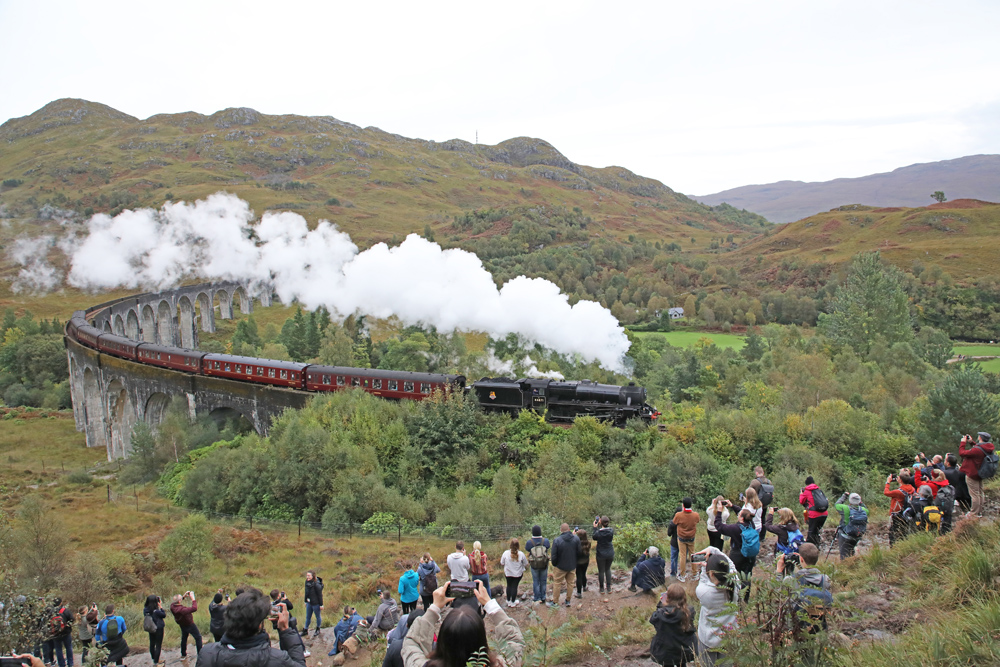
LONDON — British passenger charter train operator and car leasing company West Coast Railways has announced it is suspending operation of the world-famous “Jacobite” train between Fort William and Mallaig on Scotland’s west coast, popularly known as the “Harry Potter train” for the train’s role in the popular movies.
The decision, announced just a week before 2024 services were to begin, follows a long-running safety dispute between WCR and the British rail safety regulator, the Office of Rail and Road. This culminated in a court case WCR lost late last year, leading the ORR to remove the previous safety-related exemptions it had granted to WCR. Despite the exemption being formally withdrawn, which the ORR had published on Jan. 10, WCR had continued to market tickets for its 2024 Jacobite trains. It had also applied for its prior exemption to be renewed, with a temporary exemption beginning in March.
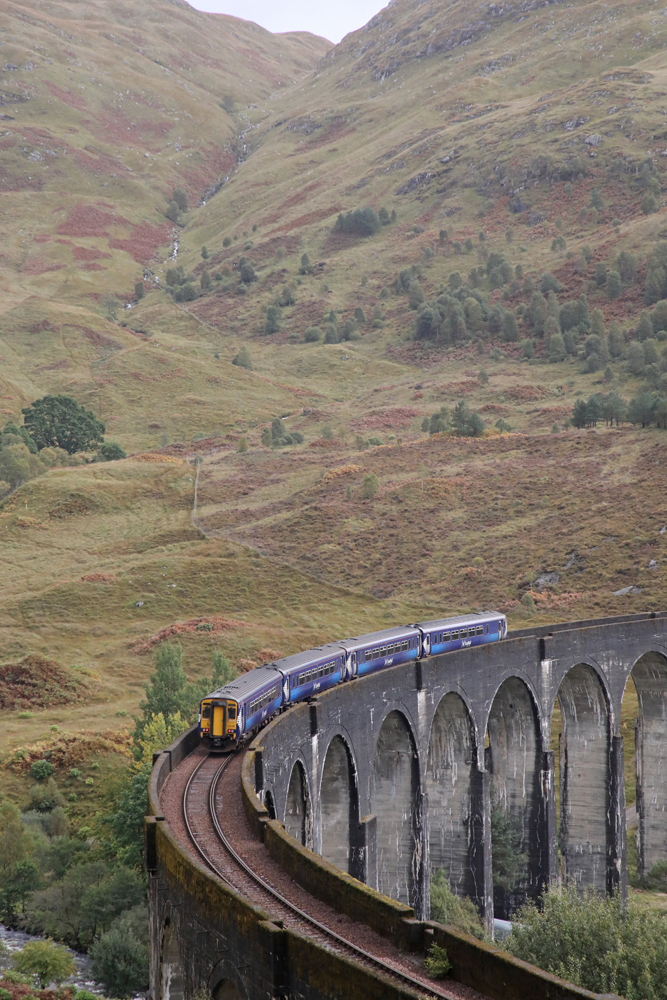
As previously reported [see “Scotland’s famed ‘Harry Potter’ steam train faces regulatory threat,” Trains News Wire, Dec. 4, 2023, and “British rail regulator stands firm …,” News Wire, Jan. 18, 2024], the Office of Rail and Road has been imposing more stringent rules on all charter operators who use British Rail equipment dating from the 1950s to 1970s on the main lines managed by Network Rail. However, WCR had refused to undertake the modification work and instead embarked on legal action to overturn the regulators’ decisions, It argued the rules were designed for mainline commuter cars, not the ones it uses for charter trains. WCR had appealed to the High Court in England in 2023 but its appeal was dismissed Dec. 22, with the judge describing the requirement imposed by the regulator for centralized door locking as “common sense.” WCR’s failure to enforce safety rules it had previously agreed to as part of its exemption was also cited.
A statement issued by WCR in March suggests the company for some reason believed the safety regulator would back down if WCR chose not to undertake the required modification to the Jacobite passenger cars, relying on the potential negative economic impact to not only WCR but the wider tourist industry in western Scotland.
James Shuttleworth, WCR commercial manager, said in a press statement, “We are disappointed to have to suspend this service and we are sorry for the inconvenience caused to our customers who have booked trips. We again appeal to the ORR to reconsider our request for a temporary exemption.”
While WCR has said that the ORR itself previously proposed to remove the regulations at the heart of the dispute — albeit 10 years ago — industry observers in the UK can see no reason why the regulator, having won in court, was likely to change its position in just a few weeks. The fact other operators of charter trains and passenger car leasing companies have complied with the rules, or agreed to do so, and spent substantial sums retrofitting cars means that WCR is at an economic advantage by having avoided the expense. WCR is the largest single charter/spot leasing passenger car company, saying it has about 63% of the market. Its inability to lease cars has had a major impact, with some other planned charter trains already cancelled this year due to a lack of equipment. On the flipside, competitors have no interest in seeing the dominant player in the market gain a pricing advantage by avoiding rules they have to comply with.
It is unclear whether the Jacobite train will run at all in 2024. The company’s website says that future bookings are not being taken at this time. There is nothing to stop WCR fitting a set of cars with the central locking system required, although this will take several weeks at minimum — and this could presumably have been done already had the company wished to do it. If the train does not run this year, it is likely other operators will seek to run it or something similar in the future, as it is a profitable service started in the 1980s by former national rail company British Rail. And if WCR fails to use the train slots contracted with infrastructure company Network Rail, other companies can bid to use them instead.
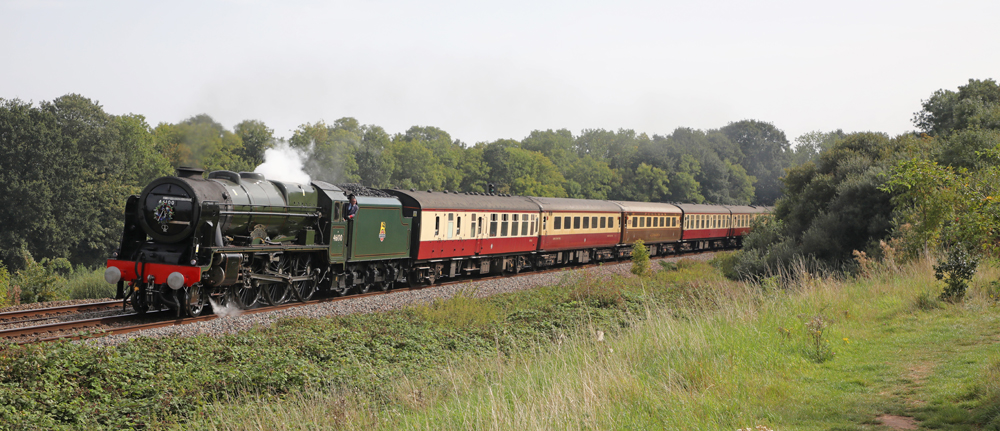







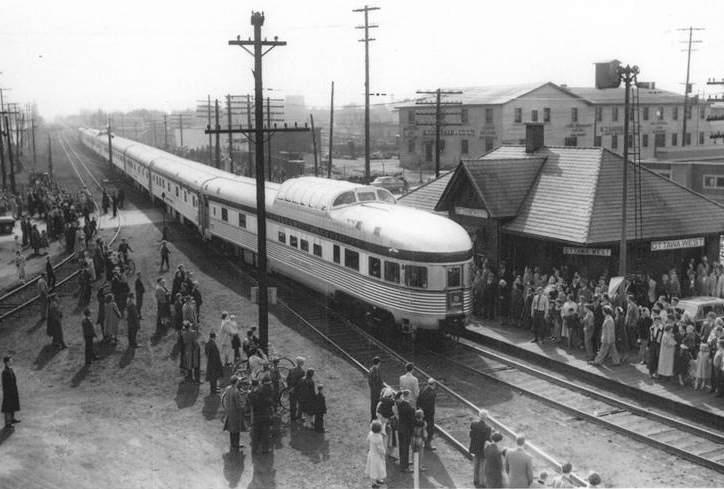
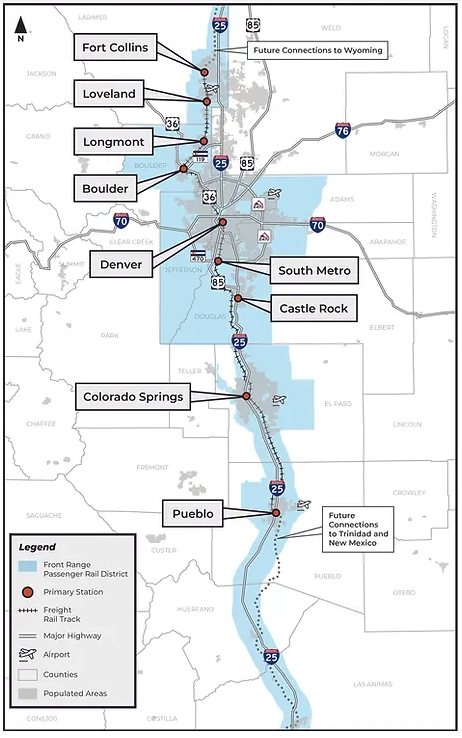
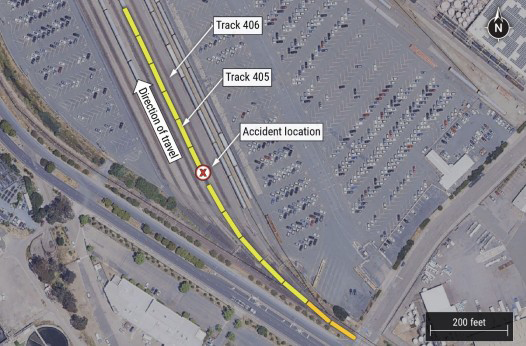




And now how many people are out of work? not just for that company but for all the supporting businesses that depended upon this attraction.
I’m sure the Office of Rail Regulation and the court will duly compensate for those losses… (sarcasm)
What a shame, but safety is and always has been of upmost importance, hopefully someone can come along and re-start the experience of steam.
This is not completely a safety issue, no matter what the ORR or the Judge have stated. There hasn’t been a single issue with an individual opening a door while a train was in motion. In my opinion it’s more detrimental to have a central locking control of all the door then not. Consider what happens if a train derails and the location of the central locking control is damaged or inaccessible, now you can’t open the carriage doors to get people out. That would be more of a concern to me than the opposite happening.
Have to agree completely with you Gerald